On Southern and Northern Italy. An Open Debate
St. John’s University recently hosted ILICA’s 7th Annual Cultural Event. The roundtable titled “Terroni e Polentoni” was an occasion to discuss the two main facets of the Italian identity, the southern and the northern, through a debate on two very controversial books published this year: Pino Aprile’s essay “Terroni. All That Has Been Done to Ensure That The Italians from the South Became ‘Southerners’” and Lorenzo Del Boca’s “Polentoni. How and Why the North Was Betrayed”.
“Terrone”, from “terra”, land, is a derogatory term that northern Italians use to define the inhabitants of the southern regions, traditionally relying on agriculture as their primary economic activity. “Polentone”, on the other hand, is the way northern Italians are called in the southern regions, from “Polenta”, a corn-flour based dish, typical of the northern Italian cuisine.
Aprile, from Puglia, and Del Boca, from Piedmont, elaborated on the topics they approached in their essays during a five-hour long panel moderated by Calandra Institute’s Dean Anthony Julian Tamburri and featuring the major of Chioggia (Lombardy) Giuseppe Casson, the major of Bari (Apulia) Michele Emiliano, Professor Massimo Vedovelli (Dean at Università Per Stranieri Di Siena), Andrea Mantineo (Editor in Chief of ‘America Oggi’, Italian newspaper printed in the United States), and monsignor Hilary Franco.
The importance of the Italian language as a means to the construction of the Italian identity in Italy and abroad was the common thread of all the panelists’ speeches.
As stated by ILICA’s president Vincenzo Marra, who defined himself “American by choice”, Americans of Italian descent are no longer denying their original cultural heritage, an attitude that was very diffused among the first Italian immigrants to the United States, that tried to accelerate the integration process in their new chosen homeland by giving up on their Italian names and speaking only English.
Joseph Sciame, vice president of the Office of Community Relations at St. John’s University and president of the Italian Heritage and Culture Committee, supporting Marra’s point, told the audience about how his grandparents and parents wouldn’t allow the use of the Italian language at home. It is significant that Italian is the 5th most studied language in the world nowadays, as Professor Vedovelli stated. The interest in Italian culture and history is also growing stronger, even among people who have no Italian descent in their family history.
Andrea Mantineo, who arrived in the United States forty-years ago from Messina, Sicily, elaborated on how the immigrants’ will to blend into the American society coexisted with the one to maintain their Italian traditions alive. Those Italians, argued Michele Emiliano, concretely unified Italy before the Italians living in Italy did. The fragmentation of Italy, in fact, is still a very actual topic, as the books by Aprile and Del Boca demonstrate.
In fact, another recurring subject in the panelists’ speeches was the necessity to rediscover the truth about the “Risorgimento” season, its implications on Italian turbulent current affairs, and the importance to overcome the foundational rhetoric of the official celebrations for the 150th anniversary of Italy’s unification.
In his book, Lorenzo Del Boca elaborates on how the Risorgimento was not at all a unifying moment for Italy. The country was as fragmented as the Native Americans were when the colonists were taking over their lands. Some tribes collaborated with the colonists to have them exterminating other rival tribes and possibly gain some benefits from the settlers, Del Boca said. The same thing happened when the Savoia family found the support of the southern aristocrats who were made landowners in exchange when the Savoias took over southern Italy. Such disloyal behaviors, Del Boca argues, were severe obstacles to the foundation of a united Italian nation.
Commenting on the tendency of the first Italian immigrants to the United States to delete any trace of their territorial and cultural provenance, Pino Aprile argued that those Italians, mainly coming from the south, felt like “losers”, and had “no other chance than the one of escaping” from anything that was connected with Italy, including their language. “They wanted to set a distance between themselves and their defeat”.
Michele Emiliano, major of Bari, argued that the still lasting division between northern and southern Italy is a “tool” that “someone can still use to corrupt Italians against each other”, something that needs to be urgently tackled to redesign Italy as a modern democracy with a primary international role and a regained stability and credibility.
Giuseppe Casson, major of Chioggia, believes in the importance of discussing these issues in New York City: “Contemporary Italy can learn how to overcome its fragmentation from the Italians of America. We must learn from their will to recognize one another as sharers of a common identity, notwithstanding their provenance from different parts of Italy. Solidarity among Italians is what Italy needs to rise from such a critical moment in its history,” he tells i-Italy.
According to Emiliano, this solidarity should start with the acknowledgement of the giant steps southern Italy has made over the last years. The progresses of southern Italy, Emiliano tells i-Italy, are not given sufficient attention by the Italian media and political institutions: “It’s hard to raise an interest in the success stories of southern Italy even in my party, Partito Democratico, which will never be able to rule the country without the support of voters from the south.”






























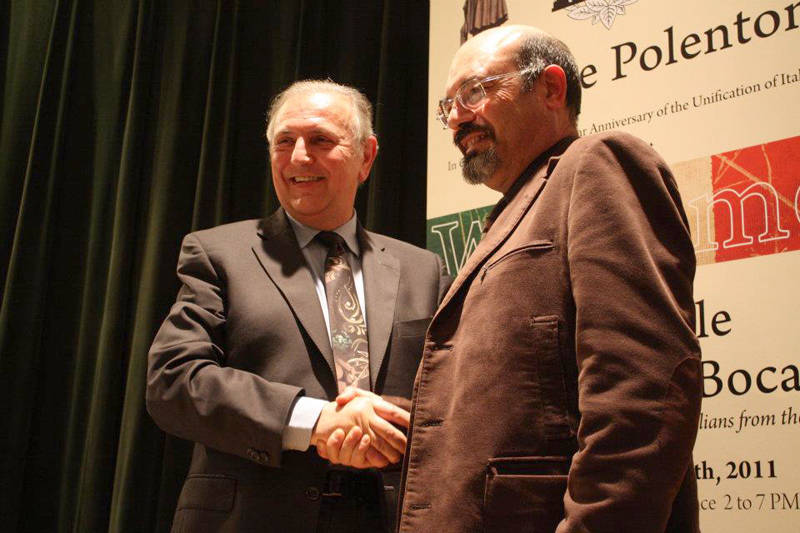
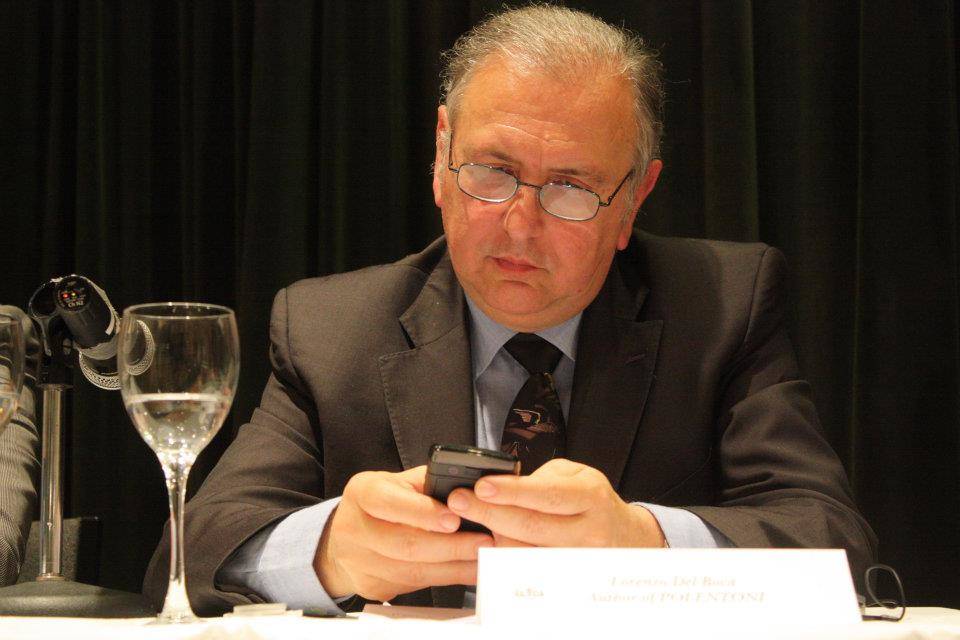
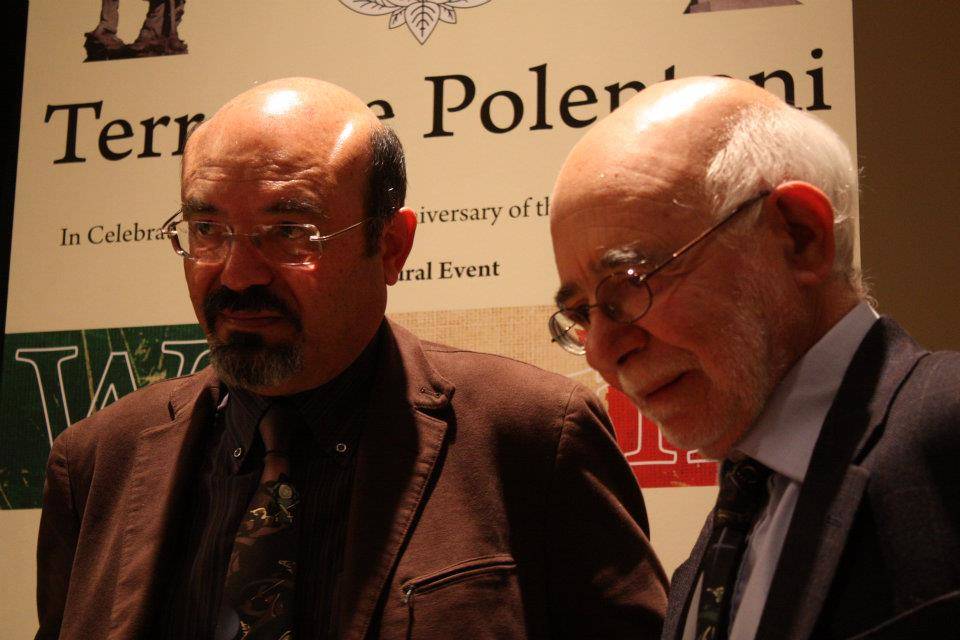

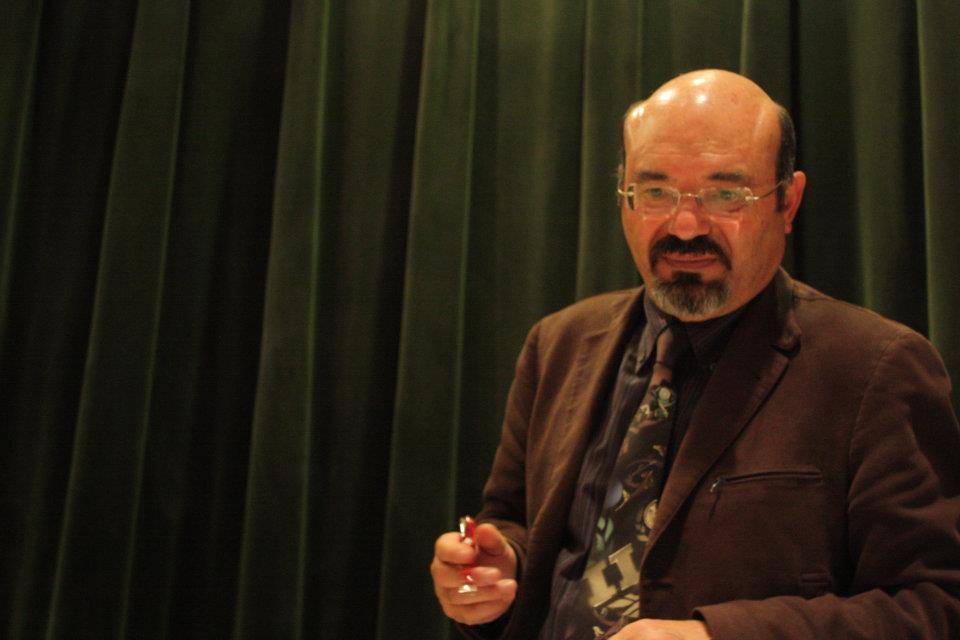
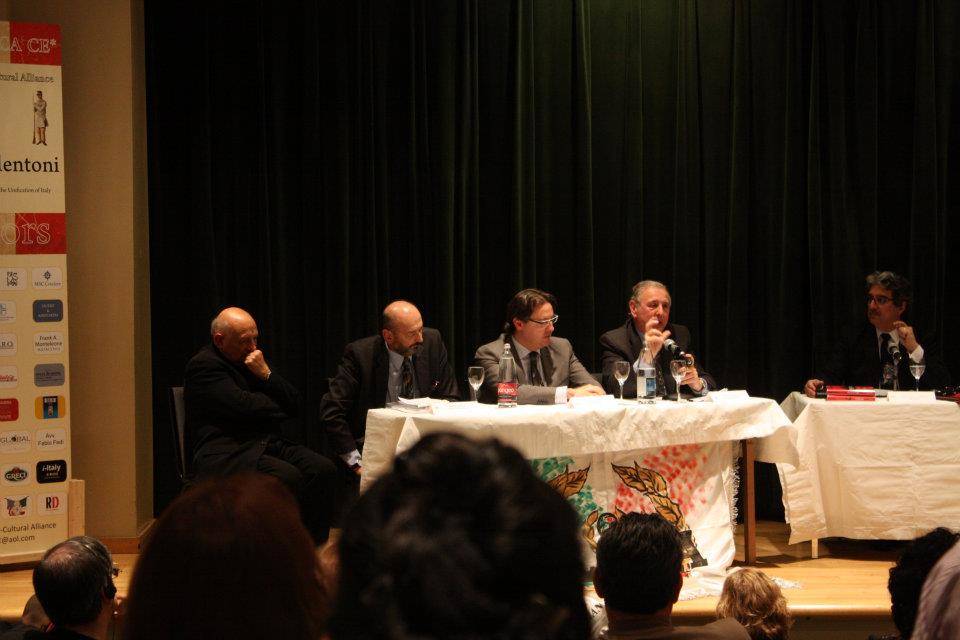
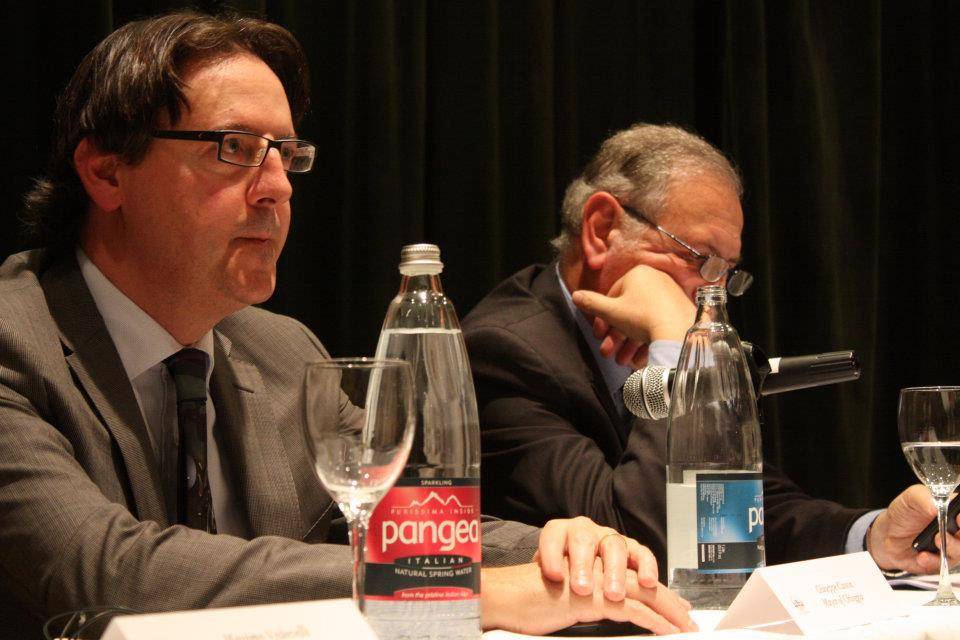




i-Italy
Facebook
Google+
This work may not be reproduced, in whole or in part, without prior written permission.
Questo lavoro non può essere riprodotto, in tutto o in parte, senza permesso scritto.